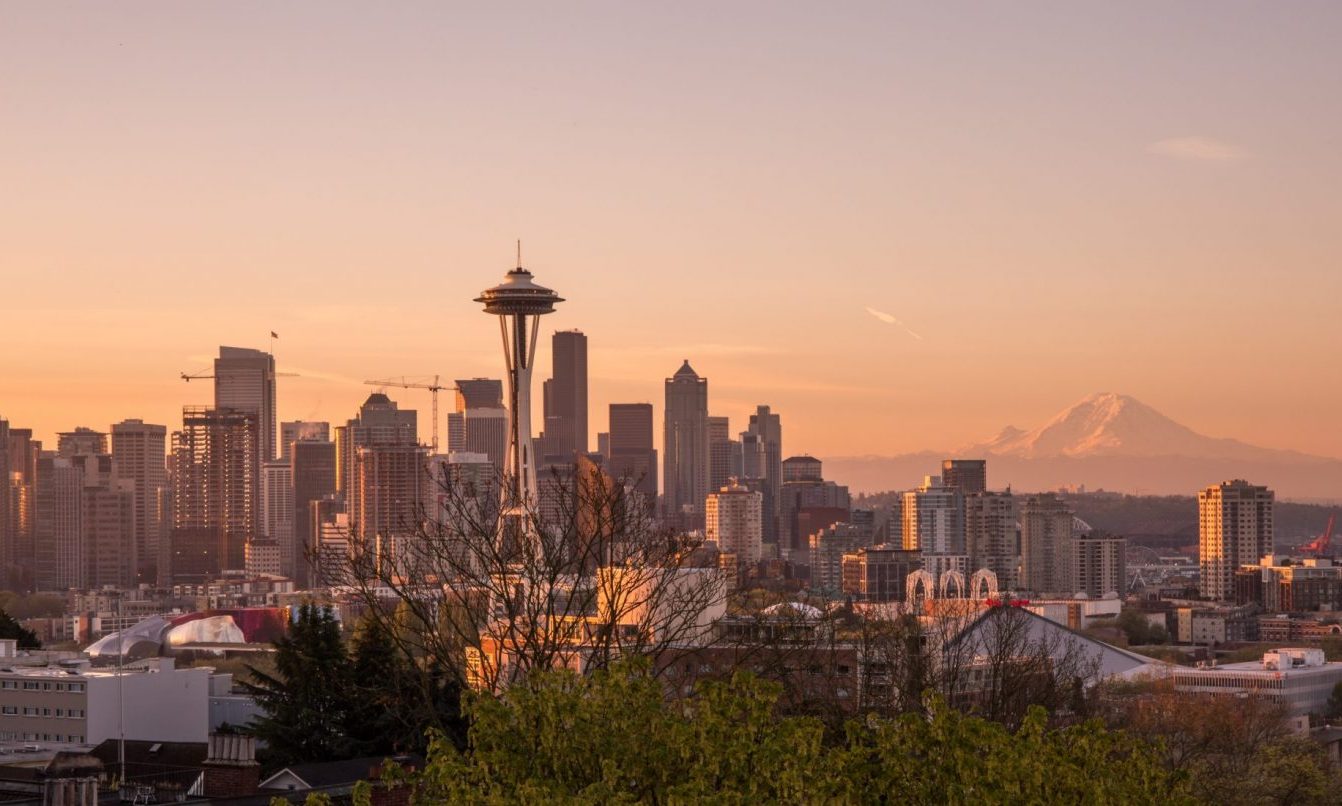This new ordinance means that the Seattle Police Department will formally codify its current “non-enforcement” practice, including actually formalizing protections from arrest, prosecution, etc. for those possessing psychedelics.
In a continuing trend across the country whereby cities are taking steps to decriminalize the possession of certain amounts of all kinds of psychedelics, Seattle joined the herd this week by voting to formalize the non-prosecution of the possession of certain entheogens, commonly known as psychedelics. We were especially gratified to see the results of the vote, as John Rapp and Mason Marks from our office have been working hard on this behind the scenes.
Resolution 32021 passed on Monday (see the actual ordinance here), and it basically renders as one of the lowest “law enforcement priorities” the “investigation, arrest, and prosecution of anyone engaging in entheogen-related activities.” More specifically, the ordinance states that:
“. . . the investigation, arrest, and prosecution of anyone engaging in entheogen-related activities, including but not limited to the cultivation of entheogens for use in religious, spiritual, healing, or personal growth practices and the sharing of entheogens with co-practitioners without financial or other consideration, should be among the City of Seattle’s lowest enforcement priorities.”
Almost more importantly, the Council openly indicates in the ordinance its full support behind decriminalization of the foregoing activities and directs the Office of Intergovernmental Relations to add to its 2022 agenda full decriminalization of psychedelics under state law.

Right now in Seattle, the Seattle Police Department (SPD)’s current enforcement practice with respect to entheogens is “. . . neither to detain nor arrest individuals, nor to confiscate these substances from individuals, solely for suspected violations or violations of [Washington’s Controlled Substances Act].” Nonetheless, this ordinance means that SPD will formally codify this “non-enforcement” practice, including actually formalizing protections from arrest, prosecution, etc. for those individuals who “. . . cultivate entheogens for use in religious, spiritual, healing, or personal growth practices and those who share entheogens with others, without financial or other consideration”. The Council expects SPD to fully commit to non-enforcement by reporting back to it on the status of non-enforcement efforts, including producing a timeline for completion of the institutionalization of those efforts.
RELATED: Drug Decriminalization Vs. Legalization — Here’s The Difference
Just like all of the other cities that are embracing decriminalization, it’s important to note that any commercial activity around psychedelics in Seattle is expressly prohibited. As we previously wrote regarding other similar decrim measures on the local level:
“[e]ach of these decriminalization measures is different, but fundamentally they are the same in that they do not actually make psychedelics legal. All they really do is direct law enforcement in those cities to make enforcement of existing criminal laws a low priority, and only then for non-commercial possession and use. Decriminalization measures don’t change state or federal law, and even don’t really change local law.”
Ordinance 32021 is not that different from these other local level “decrim lite” ordinances that we’ve seen come out of other cities. It’s a bit better in that, because Seattle is so very influential in what happens in the state’s capitol (Olympia), there’s a solid chance that the state will engage in full-scale decriminalization in the near future. To boot, as first reported in late 2020, Washington is also flirting with the legalization of psilocybin through the people’s ballot initiative process for 2022 (similar to what Oregon did in 2020). Washington is obviously no stranger to being a first mover in emerging industries– after all, it legalized cannabis back in 2021 along with Colorado, which was huge at the time.
RELATED: Michigan State Senators Introduce Bill To Decriminalize Psychedelics
In the end, Seattle’s current entheogen ordinance is a major path forward to getting bigger change on the state level towards legalization and commercialization. So, stay tuned!
Hilary Bricken is a partner at Harris Bricken. This story was originally published on the Canna Law Blog and reposted with permission.


